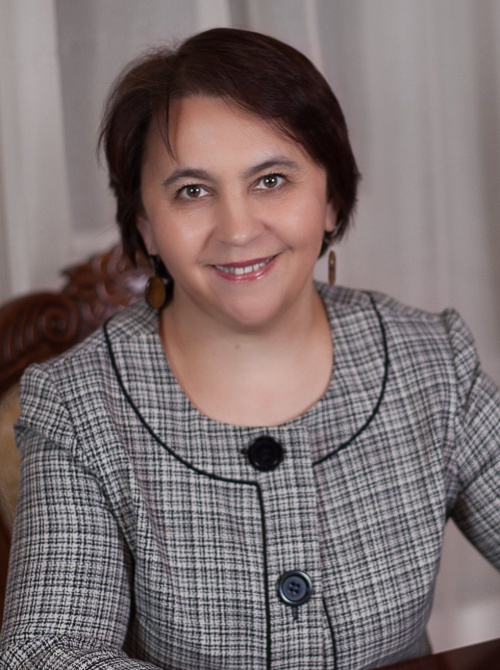Bayanova, L.F.

Dr. Sci. (Psychology)
Researcher at the Department of Psychology of Education and Pedagogy, Faculty of Psychology, Lomonosov Moscow State University.
-
Review of Foreign Research on Creative Th inking in Developmental PsychologyLomonosov Psychology Journal, 2022, 2. p. 51-72read more4341
-
Background. The development of creative thinking in childhood is of great importance as a resource for further self-realization of the individual. The study of the mechanisms of formation of creative thinking is one of the permanently developing areas in psychology. In modern conditions around the world, the indicator of creativity as a skill of the 21st century acts as an indicator of the quality of the educational environment, which confirms the high degree of social demand for the study of the psychology of creative thinking.
Objective. A review of modern empirical research by foreign scientists on the development of creative thinking in childhood, carried out in recent years.
Methods. Critical analysis of the literature on the development of creative thinking in childhood.
Results. The analysis of sources shows that the predominant works are longitudinal studies of creative thinking in order to identify the most favorable period for its development. The E.Torrance test is used as the main method for identifying creative thinking. Among the indicators of creativity, scientists consider the divergence of thinking. Disunity of research lines of foreign and Russian scientists is noted, which is confirmed by the absence of references to the works of Russian authors in foreign articles on creativity.
Conclusion. A review of sources on the development of creative thinking in childhood makes it possible to identify general trends in research design, the prevailing methods used to diagnose children's creativity. The general line of research shows that most of them are longitudinal. Studies of creative thinking are aimed at identifying the causes that determine it. Creative thinking is considered in connection with the conditions of the educational environment and activities. In particular, the possibilities of organizing children's play activities for the development of creative thinking are being explored.
Keywords: creative thinking; creativity; developmental psychology; 21st century skills; play; executive functions DOI: 10.11621/vsp.2022.02.03
-









